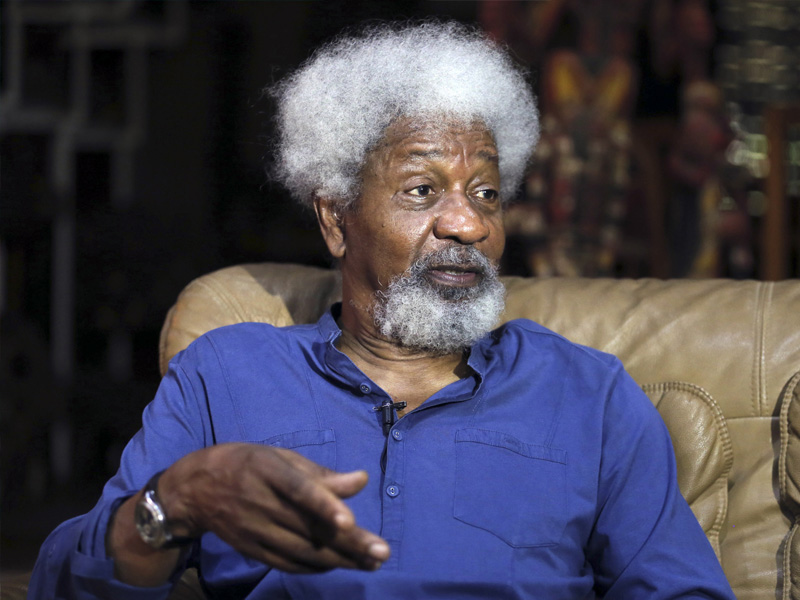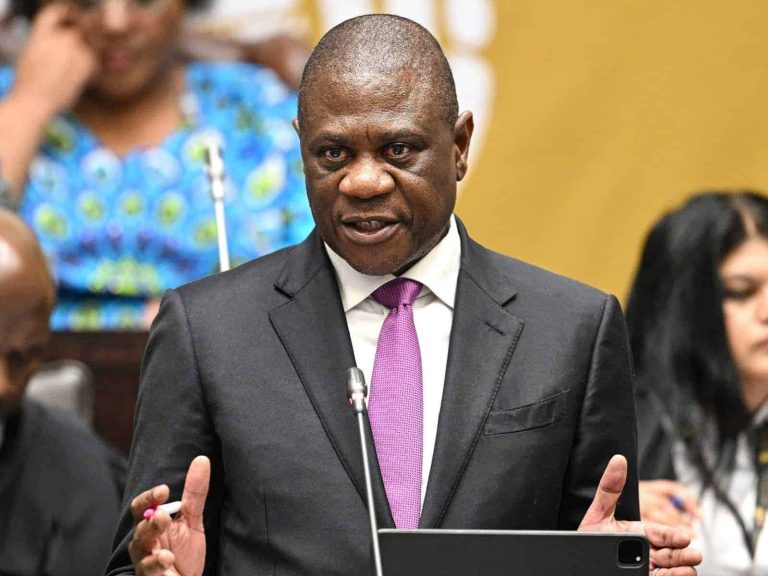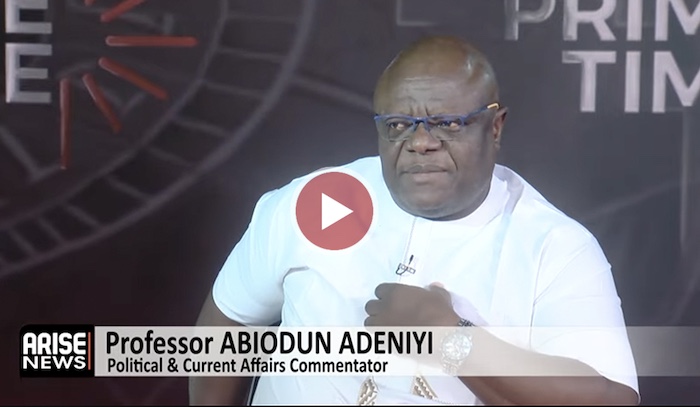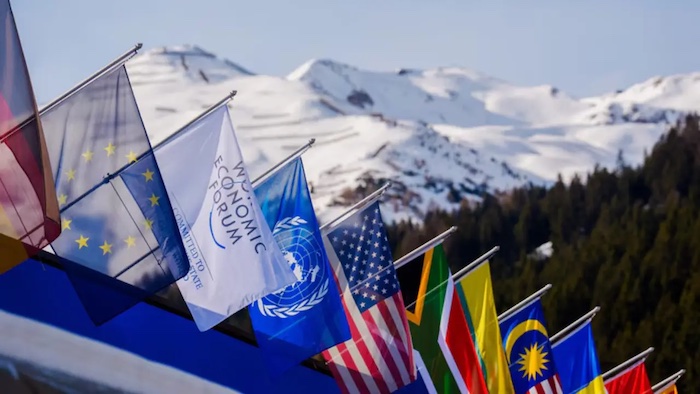
Nobel laureate and playwright, Professor Wole Soyinka, has revealed that the United States government has permanently revoked his visa.
Speaking at a media parley held on Tuesday at Freedom Park, Lagos, Soyinka said he received an official letter from the U.S. Consulate dated October 23, 2025, informing him that his B1/B2 visa had been withdrawn under U.S. Department of State regulations.
The letter, he explained, stated that the visa was revoked because “additional information became available” after it was issued. Soyinka, however, said he was unaware of any wrongdoing or reason that could have led to the decision.
“I am still reviewing my past history. I have no criminal record, felony, or misdemeanour that would justify this revocation,” Soyinka said, adding that he initially thought the letter was a scam until he verified its authenticity.
The 89-year-old writer linked the development to his criticism of former U.S. President Donald Trump’s policies, recalling that he tore his American Green Card in 2016 as a protest against racism and divisive politics.
Soyinka said the Consulate had earlier invited him for a visa revalidation interview, which he ignored, insisting that such an invitation was unnecessary. He added that this might have influenced the final decision to revoke his visa.
Despite the revocation, the Nobel laureate said he bears no grudge against the U.S. government and would continue to welcome Americans to his home in Abeokuta.
“I will continue to welcome any American to my home if they have anything legitimate to do with me,” he said.
He also recalled past encounters with U.S. authorities, including a fine for carrying chilli peppers into the country and a confrontation at Chicago Airport in the 1970s, both of which he described as “minor misunderstandings.”
“I do not think those two incidents are enough to classify me as having a criminal record in the United States,” he said.
Soyinka concluded by saying the revocation would not stop him from speaking out against injustice, adding, “Silence in the face of prejudice is as dangerous as the act itself.”
Ademide Adebayo



